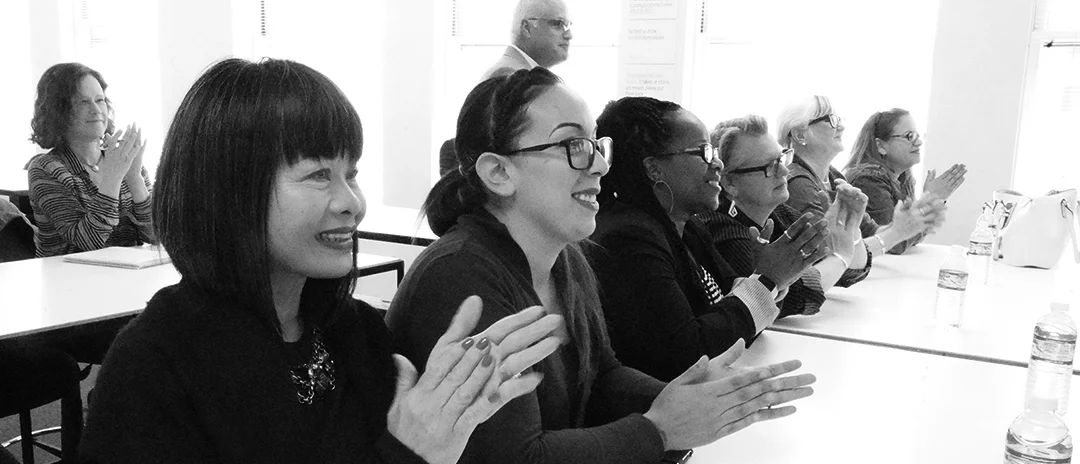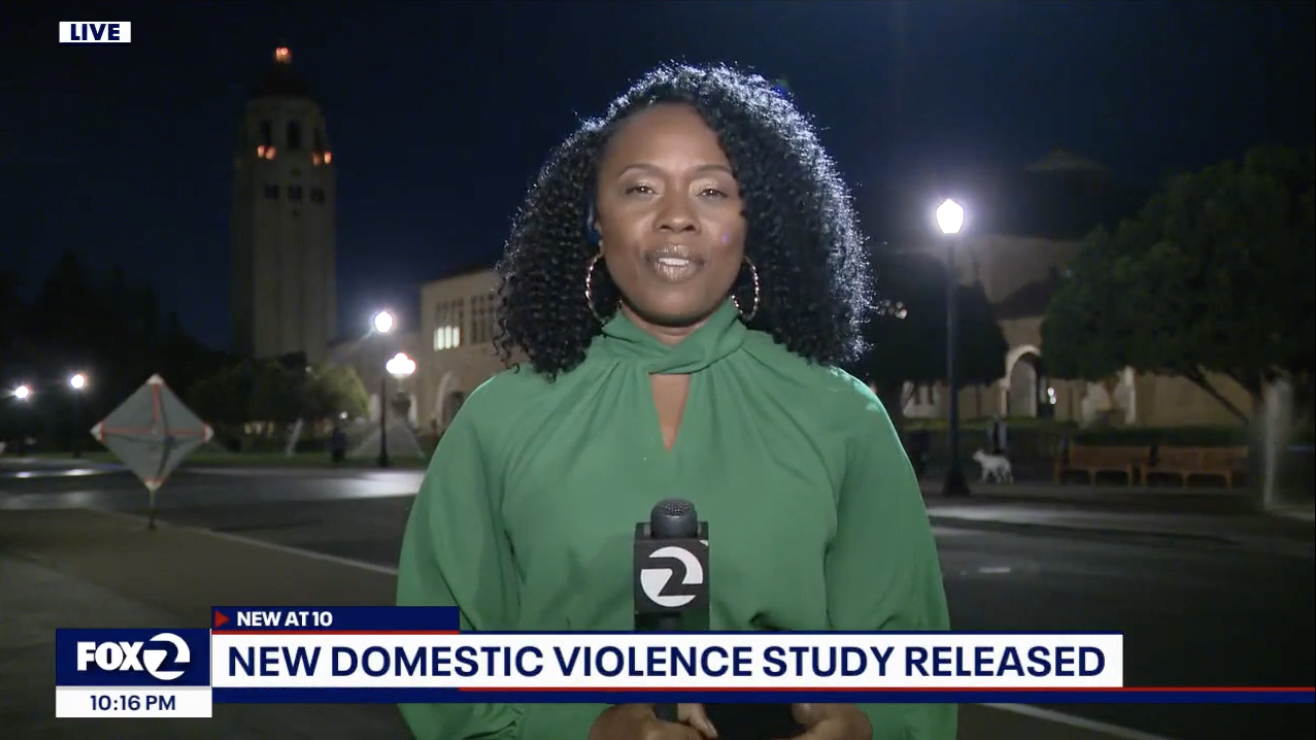After years of massive delays and a raft of problems with both facilities, the Broadway Project is 99 percent complete and the Navigation Center is slated to open in two weeks. The Broadway Project will offer 47 permanent supportive housing units, and the Navigation Center, with 125 beds, is expected to serve about 200 people experiencing homelessness annually.
Members of the public and the council expressed some optimism along with concerns about issues including accountability and, in the case of the Navigation Center, the “tight” budget’s effect on staffing ratios.
“I’m really concerned about this budget,” said Council Member Tonia Lediju. The council member is chief executive of the San Francisco Housing Authority. “If we say we have two care coordinators, the ratio is 1 to 25 case managers to beds,” the council member said. She was referring to the fact that the center will have 125 beds and two case managers.
“While I agree the budget is really tight … we really feel we can do a good job” with the proposed budget, Elyse Graham, chief operating officer of Five Keys, said in response. “There are two care coordinators and a care coordinator supervisor.”
Eight members of the public weighed in on the agenda item, with at least one speaker agreeing with the council members, noting, “(The center) has to be adequately staffed.”
After considerable discussion, the council decided to accept the budget proposed by city staff, keep an eye on the situation and revisit the staffing issue if necessary.
“They are going to open in two weeks and they can assess whether there’s more staff needed,” said Councilmember Alexander Matias. Councilmember Helen-Marie Gordon added, “Approve as is, and if they need more staff they can come back and do an amendment to the contract.”
The council voted unanimously to approve the Five Keys contract and allocate the funding, which covers the present until June 3, 2027, as proposed.
The council also voted to approve a lease and operator agreement with Shelter, Inc. and Firm Foundation for the Broadway Project. In the first of a two-step process, the council voted to allocate $642,861 of Opioid Litigation Fund monies to the project. The council must vote again at a future meeting to give final approval.
Before winning approval from the council, the Broadway Project came in for even more rigorous scrutiny than the Navigation Center.
The project is 99 percent complete, “very close to coming to fruition,” said Natalie Peterson, assistant to the city manager, in a presentation. “Full lease-up will be within 90 days of completion of construction. We are just waiting for elevator inspection and final emergency inspection” for completion of construction.
The presentation included a few bits of all-too-familiar background: Originally budgeted at $9 million, the project cost ballooned to $27 million, with $558,000 in overruns.
“In your last meeting, council requested that we bring all the gaps known so you can get the full picture,” Peterson said. The gaps: a $358,287 construction gap, a construction contingency of $200,000, 90-day operations until vouchers awarded $219,213, start-up operations gap for supplies including security cameras, $351,862, start-up contingency $17,593.
“The total gap is $1.45 million. The total without the contingencies is $929,000. We have a proposal to use opioid funds, but assuming those are awarded there is approximately $300,000 unfunded,” Peterson said.
“Firm Foundation through their partnerships in the community has secured $175,000” toward covering the gap, the assistant to the city manager added.
Referring to the $351,862 start-up operations gap for supplies including security cameras, Vice Mayor Peter Bregenzer asked, “How did we build a $27 million building and not plan on security cameras and furniture? I’m baffled that we’re at this point asking for more money.”
Bregenzer continued, “I remember previous presentations where you talked about developer fees, I think it was like $400,000 the developer gets as part of this project?”
Peterson responded, ”It’s about $250,000 or $300,000 remaining to pay. That will go to Firm foundation, that’s the developer.”
The vice mayor asked, “Why are we paying developer fees and giving them bonuses? Whenever we have issues with funding they all sit on their hands and do nothing to raise money while we have to come up with more taxpayer money to pay for these projects. Can we stop those developer fees from going to the developer and have them go toward the deficit?”
Assistant City Manager Gillian Haen pointed to the $175,000 raised by Firm Foundation, which did not satisfy Bregenzer.
“The $300,000 is that unfunded gap you’re mentioning,” the vice mayor said, referring to the fact that even after appropriating the $642,861 of opioid funding to the project, there was still a $300,000 funding gap.
Five community members spoke during the public comment period, with former Vice Mayor Mina Loera-Diaz saying, “I am familiar with the mechanic’s liens filed against the project and we, the council, were not notified until almost a year later. Loera-Diaz said that early on, “staff assured the council and the community that the project would be fully funded – and we went millions and millions over budget.”
Agreeing with an earlier suggestion by Councilmember J.R. Matulac, Mayor Andrea Sorce recommended having frequent regular updates on the projects “to make sure we don’t have anything like what the former vice mayor expressed, where there’s a lien and we find out a year later.”
The council passed a motion funding the lease and operator agreement with Shelter, Inc. and Firm Foundation for the Broadway Project, allocating opioid fund litigation monies to the project in the amount of $642,860.94 minus the fund balance of the developer’s fee, “with monthly updates to the California Department of Housing and Community Development (HCD), commission quarterly updates in person to HCD as well as the City Council.”
Sorce was the lone “no” vote, with the council members all voting in favor.
Read The Original Story Here
Originally Published: June 4, 2025 at 2:14 PM PDT


















